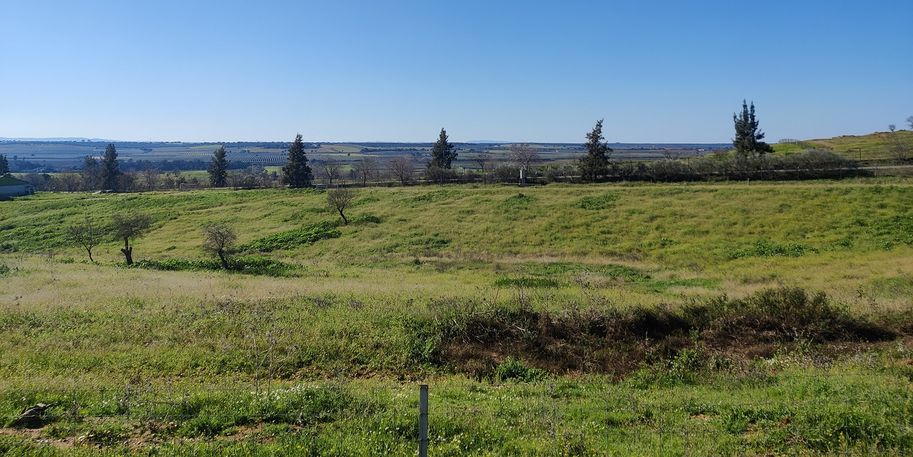Using marginal land for bioeconomic innovations
The EU-funded project MarginUp! is developing value chains for plant-based industrial feedstock. They will be cultivated on marginal agricultural land and will thus contribute to soil conservation, biodiversity conservation and economic development. The cultivation on such agriculturally unfavourable land is intended to counteract competition with food cultivation. The project is coordinated by the Leibniz Institute for Agricultural Engineering and Bioeconomy (ATB) in Potsdam and brings together 29 partners from science, agriculture and the bio-economy from eight European countries, Argentina and South Africa. inter 3 is responsible for stakeholder analysis and engagement as well as the innovation management.
What are marginal lands and why bio-based feedstocks?
Land is marginal if agricultural production there is not profitable. Without cultivation, soil quality and biodiversity can deteriorate. How can they be cultivated again, and which products can be marketed in value chains?
How does this positively impact soil health and biodiversity? Finding answers to these questions over the next four years is no marginal task: nearly 30 percent of the land in the EU 28 region is classified as marginal. More than 60 percent of soils are already in an unhealthy condition due to inappropriate land use practices, pollution, urbanization and climate change impacts. The demand for bio-based raw materials however, is set to rise. This is because the bio-economy will grow to reduce our dependence on fossil fuels and fossil-based chemicals.
How can biodiversity and productivity be increased?
MarginUp! develops solutions for production of sustainable industrial raw materials and bio-based products, to reach profitability on marginal lands. At the same time selected, climate-resilient crops will improve adaptation to climate change and and increase biodiversity. This provides an abundant supply of renewable raw materials for local production and promotes healthy local ecosystems. Thus, together with land managers, farmers and representatives of the bio-industry, circular value chains will be developed in five European and two non-European regions. At the end of the project, an advanced prototype of a bio-based product will have been generated in each region.
inter 3 accounts for stakeholder analyses as well as the management of engagement and innovation
Based on stakeholder analyses and participative Workshops, inter 3 will develop an engagement plan for the entire project. The tailored involvement of the key stakeholders during the development and implementation of the value chains contributes to their sustained engagement.
Furthermore, inter 3 supports partners and stakeholders in thinking about future uses on a larger scale at an early stage. Experiences and innovations will be compiled and made available for politics and the public, amongst others via recommendations for the EU Commission.


![[Translate to English:] Porträt von Dr. Ali Asghar Besalatpour](/fileadmin/_processed_/7/4/csm_21c969_ls_weiss-29_b4350f97bd.jpg)